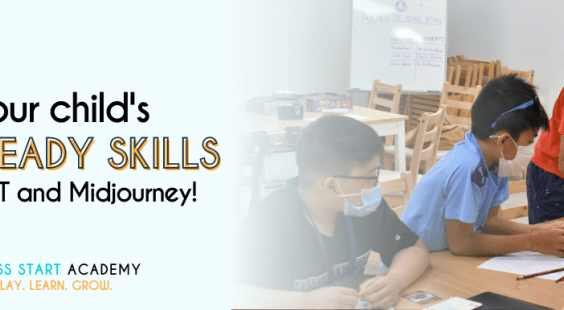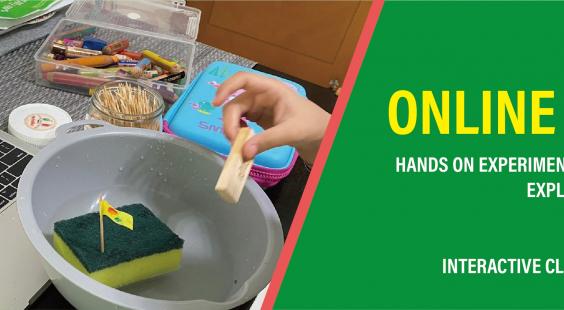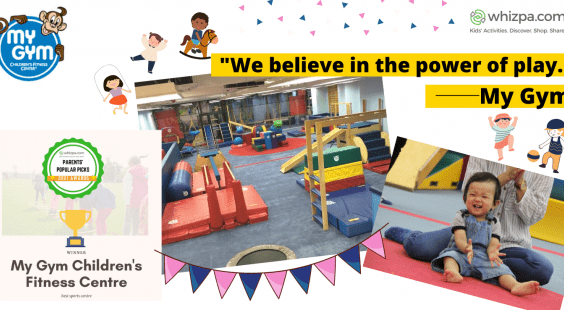
如何在孩子的長大過程中 擔當一個良好觀察者
One of the joys of being a parent is sharing some of your favourite childhood memories with your own children and seeing their faces as they experience something for the first time. With Pi now being a 20-month-old toddler, we intend to make the most of the summer with activities around Hong Kong. We recently took Pi cycling on the scenic bike trail along Tolo harbour. Whilst we were preoccupied with pointing out the sites to her along the trail, she in turn would point out the small details we had missed; such as the little spider crawling on the grass, the bubbles a child had blown in our direction or the bells that came attached to the bike. She would give the bells a ring every so often and give us the biggest smile afterwards. It seemed that whilst we were trying so hard to ask Pi to take notice of the sights and scenery, we had neglected to observe the things that actually bought Pi a lot of joy.
Children’s observations are the fundamental building blocks of their growth. A child’s observations are their best learning tools and this is manifested in our everyday life. Whilst eating breakfast with PI at a café the other day, I was surprised to see Pi picking up a packet of sugar to “pour” it in her cup. Taking a spoon, she carefully stirred the milk in her cup before finally taking a sip. I don’t recall teaching any of these steps to her but it just shows how she has observed the smallest of details whilst watching us carry on with our daily lives.
“Children are keen observers but poor interpreters.” – Rudolph Dreikurs
Children learn about the world through their closest adults, they observe our movements to learn how we do things. Along the way, they also pick up the habits, our reactions we unconsciously say and do. As a result, I find modelling the “how” is often the easier part compared to explaining the “why” of doing things.
For instance, Pi has learnt to empty our small trash bin in the bathroom. She has watched us do it on so many occasions that one day, she started stepping on the bin’s pedal herself. When she finally succeeded, she wore a big smile on her face and repeated the action again. Now, she is taking every opportunity she gets to practise her new skill, even when the trash bin is empty. It frustrates me enormously when I see her going after the trash bin after her shower or when she has just washed her hands. As I explain to her why we do this and when it is an appropriate time to do so, I realise I have to channel her observation skills and explain to her the ground rules of when to empty the bin. These incidents remind me of the role adults play in our children’s lives. We act as their interpreter so that our children have the necessary information to process and make sense of the things and events they observe around them.
“A child’s one hope lies in his interpreter.” – Marie Montessori
In order to be our children’s interpreter, we need to hone our own observation skills. As adults, we have become accustomed to relying on verbal language. We communicate predominantly in spoken and written word that we sometimes forget about other communication cues such as eye contact and body language. When toddlers’ language is limited, we have to be attuned to their other non-verbal cues through our own observations. These are some of the tips I have picked up along the way to sharpen my own observation skills.
1. Get down to their level
Pi now likes to point out objects of interest as we walk along the street. She has a tendency to stop walking altogether until I acknowledge the object she is referring to. With her noticing the smallest of details, if often takes me a good few seconds before I can catch on to what she is referring to. Being on the busy streets of Hong Kong does not always provide us with the luxury to do so but I find it’s sometimes helpful to crouch down rather than lean or hover over them. When you are at your child’s level, you can see the world from their point of view and trace what their eyes are looking at.
2. Slow down and pause
Having attended an observation class with Pi earlier this year, I have received feedback about how I tend to speak quite fast when interacting with Pi with too little pauses in order to give her an opportunity to respond. I may ask her to “pick something up” and before she has an opportunity to process the instruction, I may have already picked it up for her. Being in Hong Kong, we pride on efficiency and as mums, we think we “can do it all”. But in fact, our children learns the most when we give the time and space to do things for themselves. This can only be achieved if we first learn to slow down and give them adequate time to do things for themselves. Before we scoop in to do something for our child, try to read the expression on their faces.
“Did they understand my instruction?”
“Is this something they can do?”
“Is someone or something blocking them which is hindering the movement?”
3. Be spontaneous
When we pause to observe our children, we can better decipher their cues and respond more appropriately. When we give our children the time and space, we provide them with an opportunity to follow their interests. When we are not rushing from one appointment to another, we are able to be more spontaneous to support our children’s learning and interests. Just this morning, I took Pi to clean up in the shower to get ready for swimming. After putting her dirty clothes in the bucket and turning the shower on, Pi took the shower from my hand and proceeded to fill up the bucket containing her dirty clothes. Seeing her interest in water play, I immediately bought out her beach tools and she spent the next 45 minutes pouring water from one bucket to another. It was a win-win as Pi got to enjoy some independent play whilst I got some work done. This would not have been possible if I had only been focused on my original plan to take her swimming.
This summer, I will strive to observe these tips in the midst of our ventures around Hong Kong. If you are interested in brushing up your observation skills to support your child, Whizpa has various listings of institutions which provide parent-child observation classes.
Check out more from our providers:
Hong Kong Suzuki Music Institute








